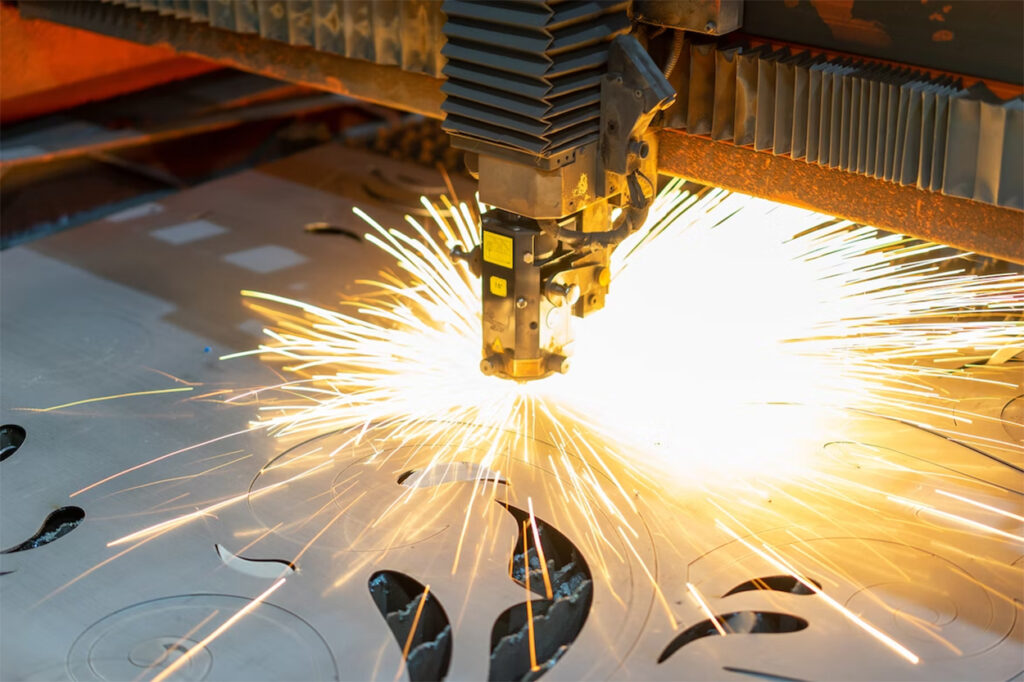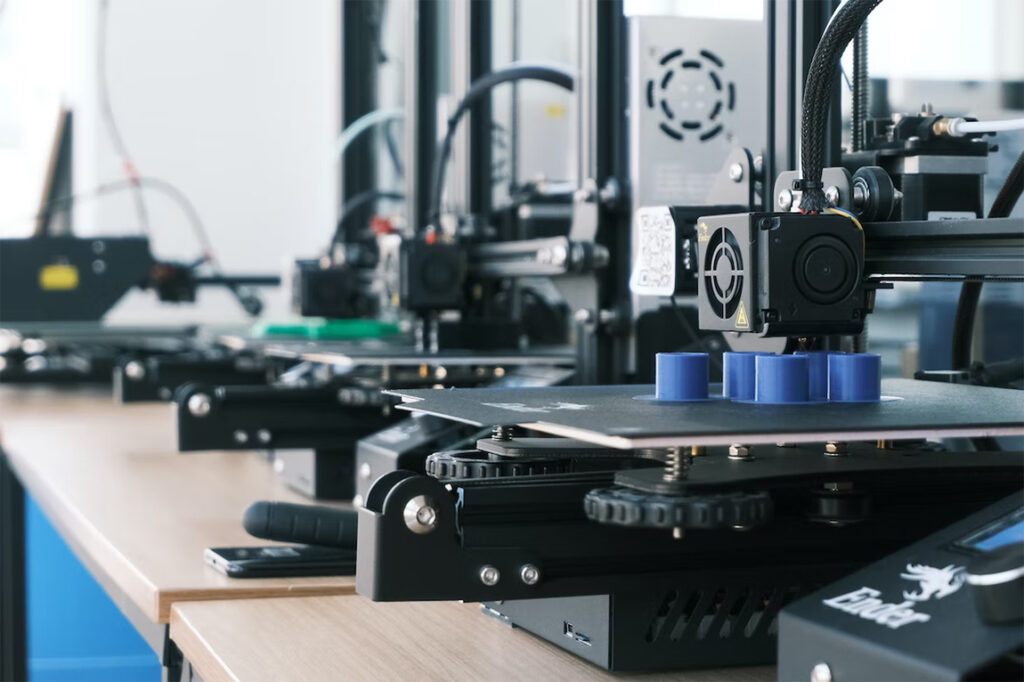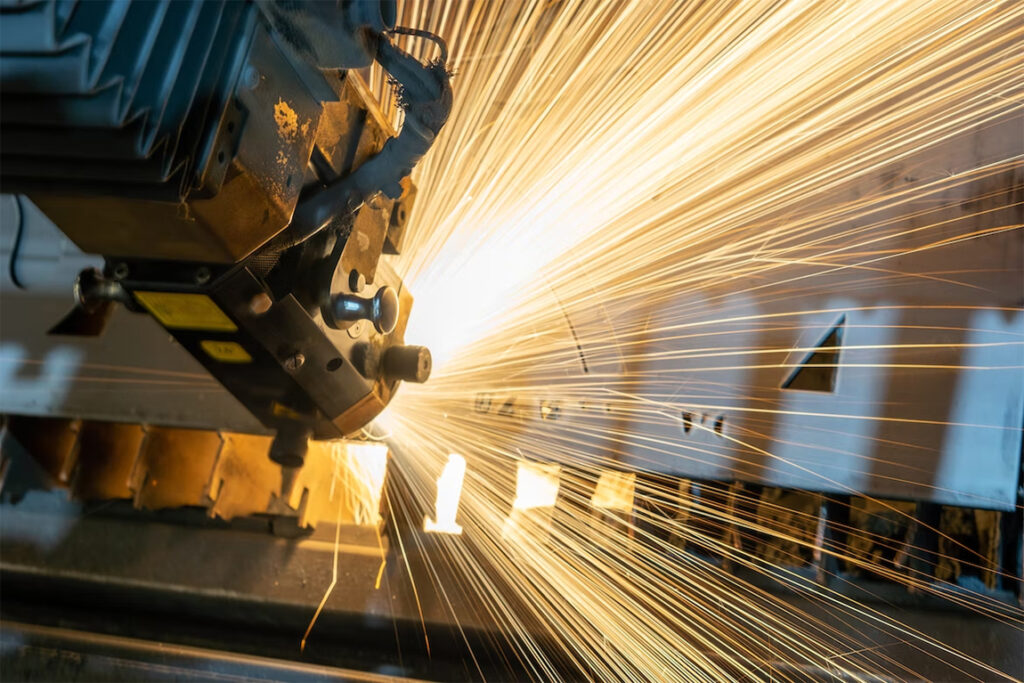Artificial Intelligence in Manufacturing: AI-based Use Cases
In 2019, there was a report by Microsoft stating that artificial intelligence was enabling manufacturers to outperform their rivals, with companies adopting the technology performing at least twelve percent better compared to those that don’t. Therefore, the upsurge of AI in the industry comes as no surprise. And in this post, we’ll discuss some of its use cases in manufacturing. Keep reading to find out more.
Predictive maintenance for forecasting purposes
Predictive maintenance refers to the strategy of continuously monitoring equipment used under general working conditions to predict its useful lifespan. While preventative and reactive maintenance can help minimize or prevent potential failures, the models that predictive maintenance uses can forecast when specific assets are about to fail. As a result, it reduces downtime while helping set maintenance schedules in advance.
Moreover, organizations no longer have to suspend their manufacturing processes, as predictive maintenance can help in detecting even the most minute changes in the state of the equipment that would otherwise be undetectable with typical inspections. AI-powered diagnostic tools can aid manufacturers in determining circumstances that can trigger breakages and intervene to ensure it doesn’t happen.
Process automation for streamlining tasks
When it comes to the manufacturing industry, businesses use process automation for robotic machinery and production management solutions to streamline complex processes. Through machine learning and AI-based technologies, companies can also handle a greater volume of repetitive and simple tasks that would have previously necessitated human workers.
One such example is extensive and tedious paperwork that operators have to handle. Some have chosen to let AI-driven bots deal with the exhausting and time-consuming task and free up human workforces for more complex and valuable manufacturing undertakings instead.
Quality insurance for products
As its name implies, quality insurance is a process implemented to ensure a consistently high level of quality for products. Artificial intelligence has considerable potential in QA, as automating the inspection throughout the process of production won’t just make it more efficient, reliable, and precise, since human error becomes a non-existent issue. Because of its usefulness, many manufacturers have already adopted machine learning programs to inspect and identify product defects while decreasing quality assurance costs.
Demand forecasting for improving supply chain
Demand forecasting is the process that’s aimed at anticipating demands for specific products in the future. Precise demand forecasting can aid manufacturers not only in reducing financial risks but improving the efficiency of the supply chain. Machine learning-supported algorithms can be utilized to predict changes in consumer demands with a greater degree of accuracy than any other method, as it can recognize recurring patterns and analyze a multitude of different factors that tend to drive purchasing behaviors like no other.
Conclusion
Artificial intelligence technologies hold a lot of potential in many sectors, and the manufacturing industry is no exception. From preventing downtimes and streamlining tasks to saving on costs and increasing profit margins, AI can help manufacturers in more ways than one. And as it continues to evolve, there’s little doubt that it’ll become more commonplace among businesses in this sector.


